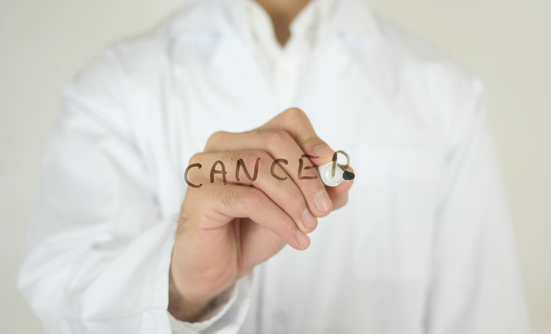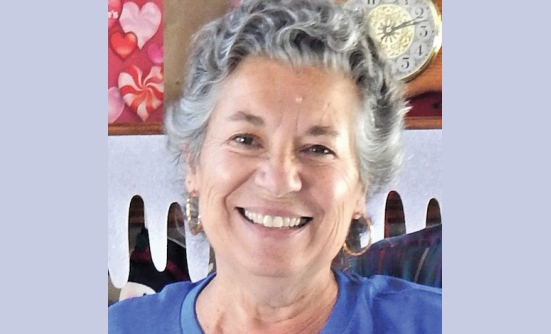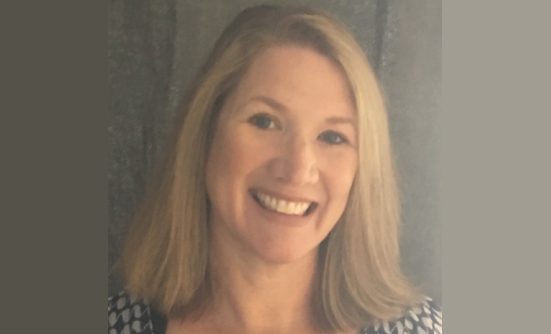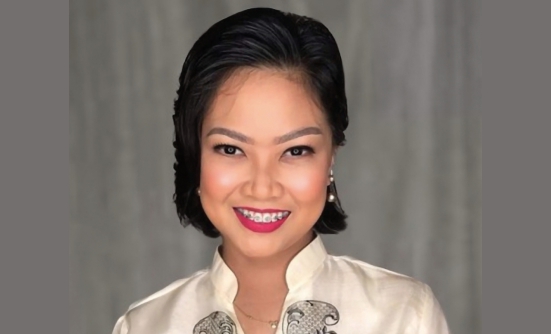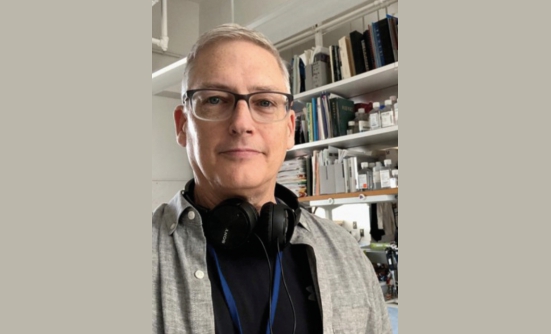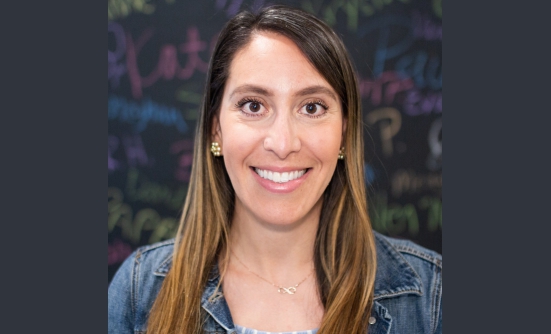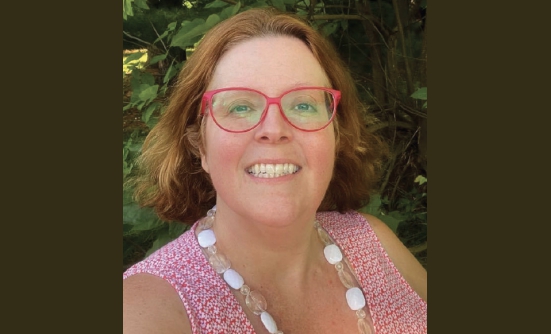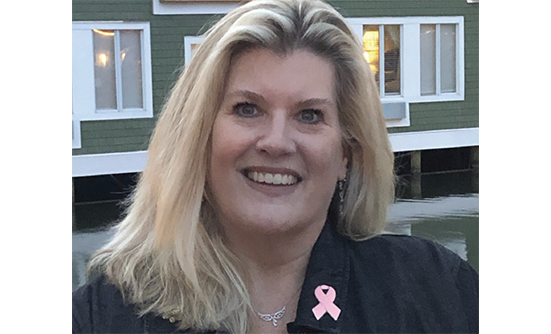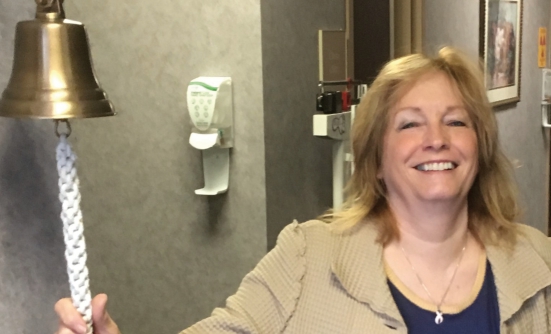“Diagnosed with cancer.” “Cancer victim.” “Cancer patient.” “Battling cancer.” “Cancer survivor.” Words are powerful. How do these words make you feel? These common phrases are the lingua franca of cancer, ingrained in our discourse. The way we talk about a disease we’re facing can affect how we feel about it, and those feelings can impact our quality of life. Now, some people—including patients and healthcare professionals—are calling for a change.
CANCER IS CHANGING
The cure rates for cancer today are high, depending on the tumor type, the stage and grade of the tumor, and how aggressive the cancer is. Even if it isn’t cured, cancer can often become a chronic disease today (like diabetes or high blood pressure). So why do we give cancer so much emotional power? It’s a habit from the past century, when a diagnosis of cancer was a death sentence. Don S. Dizon, MD, Clinical Co-Director, Gynecologic Oncology, and Director, The Oncology Sexual Health Clinic, Massachusetts General Hospital Cancer Center, says, “Cancer does not equal death. That’s what we need to tell people. Among the first things I tell patients facing a new diagnosis is, ‘You’re not dying.’” I can’t deny my own shock when I learned I had cancer in my right breast in 2001. I spent some time crying, missing my future dead self, imagining what life would be like for my survivors. Then I learned that about 95% of breast cancers are cured when caught early, so I decided to be annoyed instead of terrified, and be glad about living in this time, when so much can be done to treat cancer. I would do what I needed to do (in my case, surgery and radiation), and in the process, try to minimize disruptions to my life. This is not to diminish the hard experience of patients who need more extensive treatment or are facing advanced stages of cancer, or anyone who is comfortable with the current terminology. It is simply a plea that we not buy into the trap of seeing cancer as all-powerful and ourselves as helpless victims. We are people with cancer (or people who had cancer in the past).
NAME YOUR OWN TERMS
Choosing our own words can change our feelings about an illness. Some ideas include: “I was diagnosed with.” It’s the cancer, not the person, that is diagnosed. Back in 2001, choosing different words freed me to say to my loved ones, “The MRI showed cancer. I’m not dying. There are excellent treatments for this.” “I’m a survivor.” We who are alive today are all survivors, whether we’ve had cancer or not. How we talk about it should be a choice, not a label slapped on us by others. Danielle Ofri, MD, PhD, an internist at New York University School of Medicine and author of What Doctors Feel: How Emotions Affect the Practice of Medicine, points out, “I’d rather say that a person ‘had cancer’ and leave it in the past tense. When ‘survivor’ is used in the context of cancer, there’s an overtone that you don’t hear in other diseases. No one says that they are a malaria survivor, or a pulmonary embolus survivor, even though these diseases can be quite deadly.” Dr. Dizon adds, “Not all patients living after (or with) cancer identify as survivors, so we should not assume it is an all-embraced term.” “She’s a cancer victim (or a cancer patient).” The term “patient with cancer” has a milder tone and avoids burying your personal identity in a disease. No one thinks of Sigmund Freud as a cancer patient; we remember his enduring influence on the field of psychiatry. Dr. Dizon says, “Cancer is a noun, not an adjective.”
“He’s battling (or lost his battle with) cancer.” This suggests a weakness, a failure, a strong enemy to be vanquished. I prefer “dealing with cancer.” But some people like the battle metaphor; they are empowered by the idea that they can fight cancer and beat it. Others don’t want to be labeled winners or losers, even in their obituary. One woman’s last request was that her obituary not include the cliché that she “lost her courageous battle with cancer.”
LET’S PUT CANCER IN ITS PLACE
We who have had a brush with cancer have a right to choose the way we talk about it, and the way others talk about us. Cancer is not bigger than me. It’s not bigger than you. Let’s use words that put it in its place.
PATIENT RESOURCES
Nancy’s Point, a blog about breast cancer and loss
http://nancyspoint.com/
Celebrities with Cancer
www.kantrowitz.com/cancerpoints/celebrities.html





